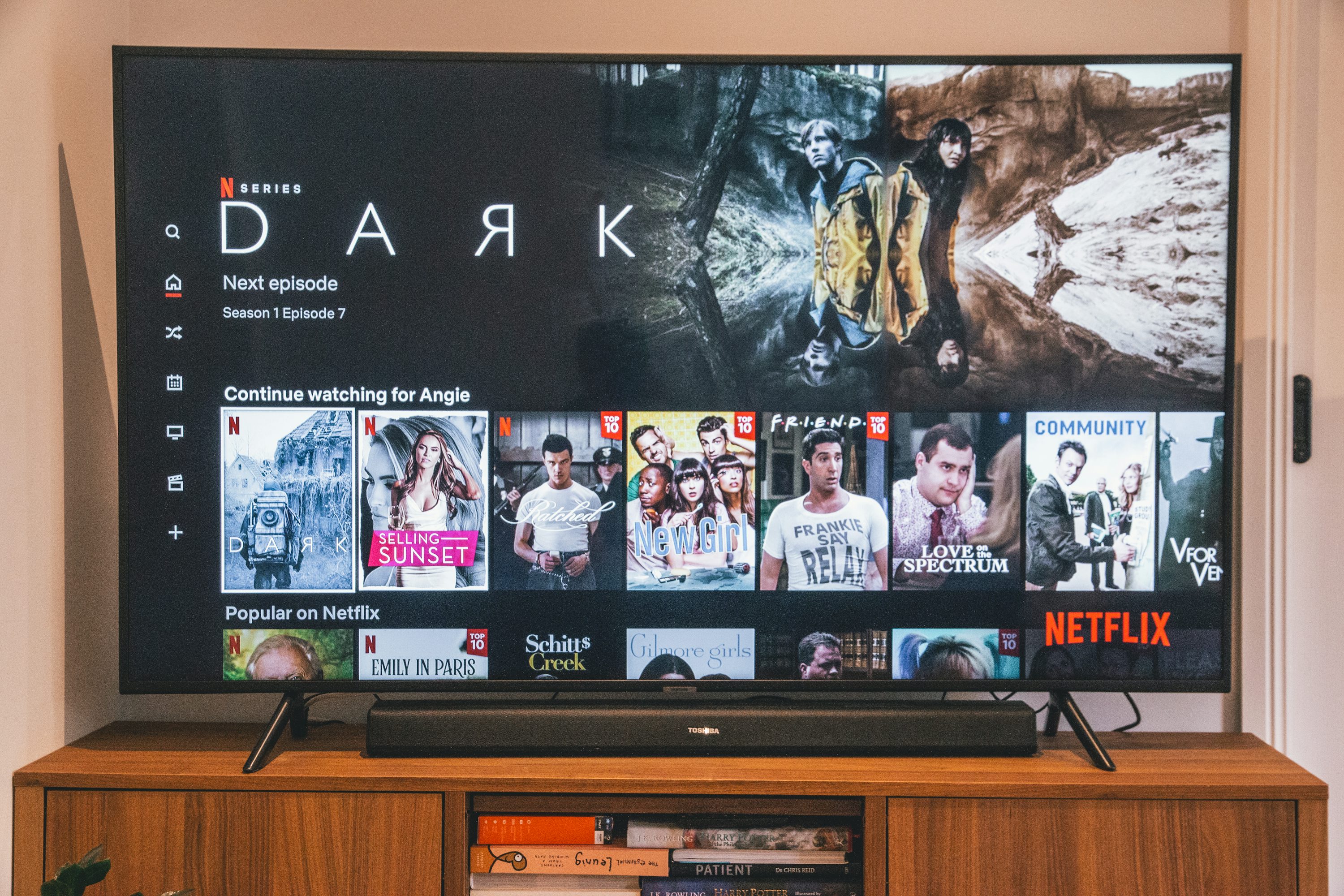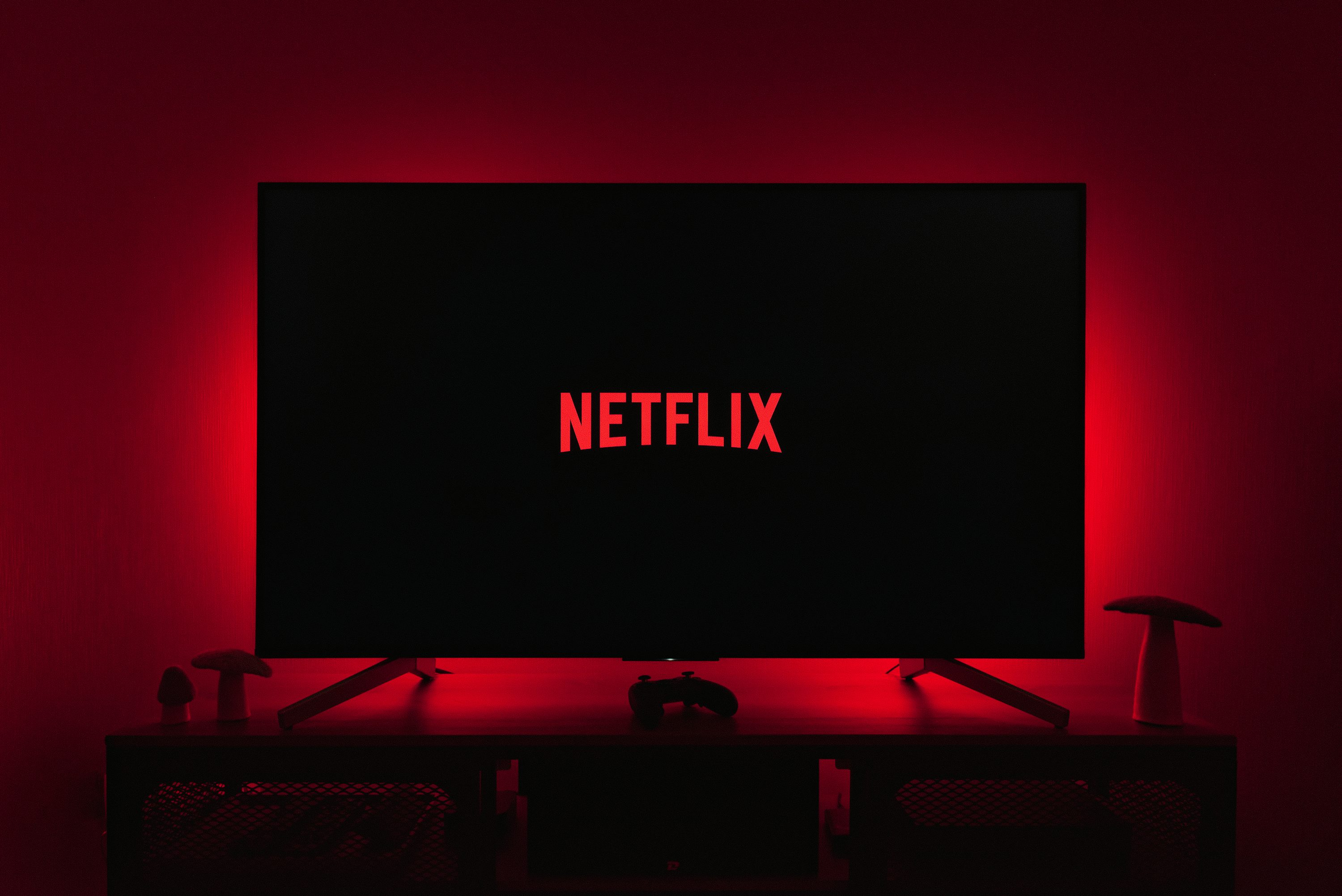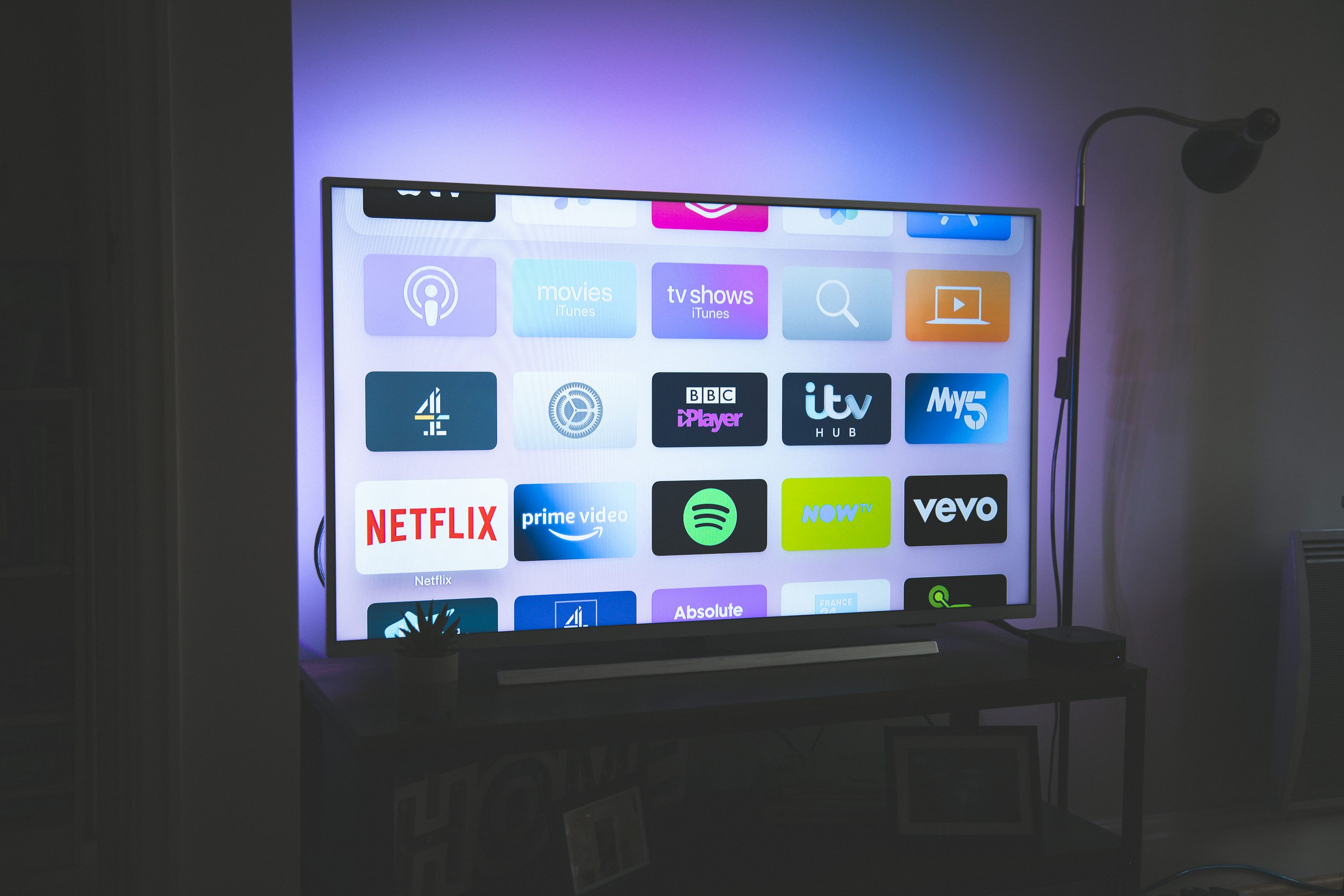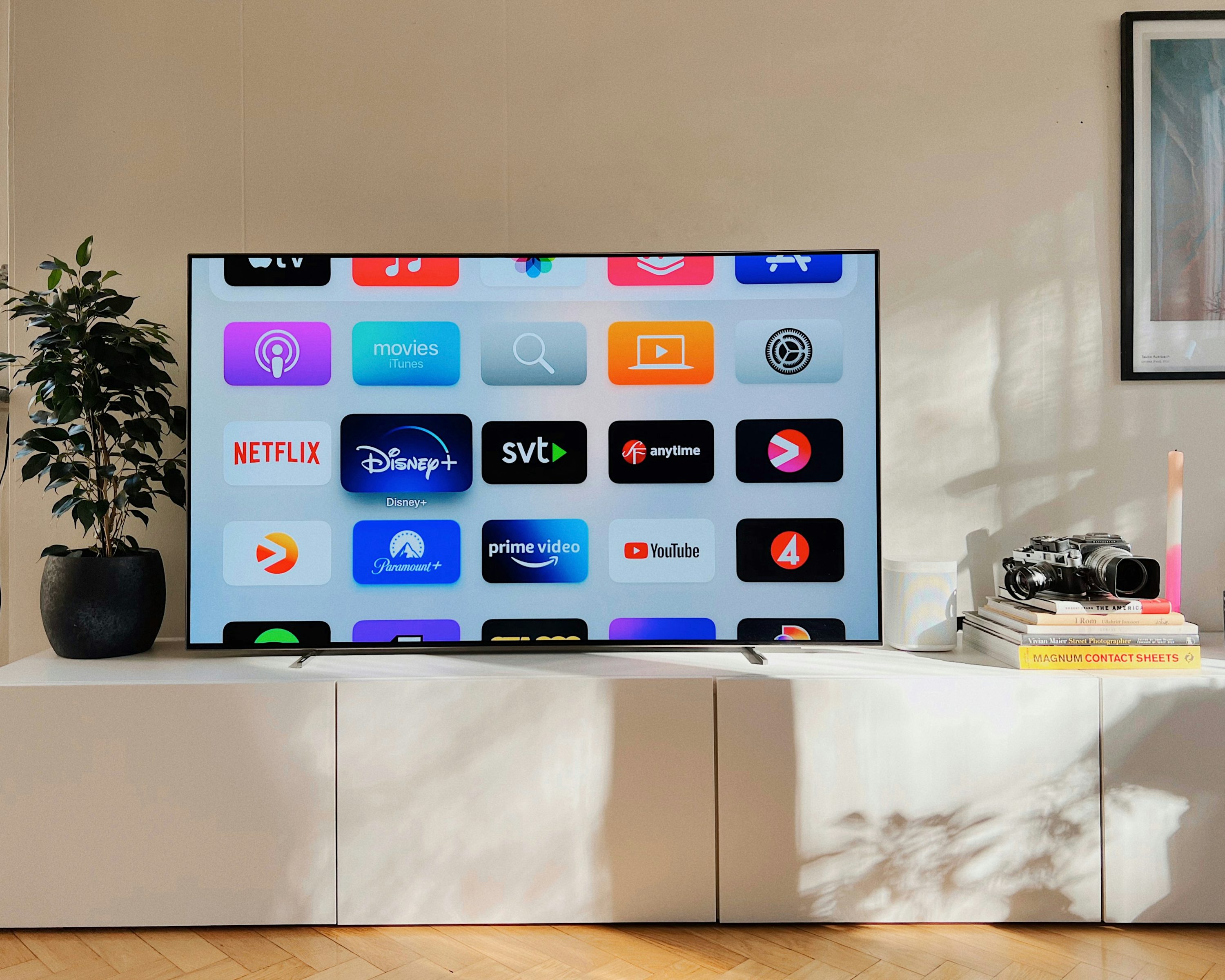
Är IPTV Lagligt? Understanding the Legal Status of IPTV in Sweden
Är IPTV Lagligt? Understanding the Legal Status of IPTV in Sweden
The world of television has undergone a dramatic transformation in recent years, with Internet Protocol Television (IPTV) emerging as a popular alternative to traditional cable and satellite services. For many Swedish residents, IPTV offers an attractive combination of extensive channel selections, on-demand content, and often lower prices. But a crucial question remains: är IPTV lagligt – is IPTV legal in Sweden? This comprehensive guide will explore the complex legal landscape surrounding IPTV services in Sweden, helping you understand where the legal boundaries lie.
The answer isn’t as straightforward as you might hope. While IPTV technology itself is perfectly legal, how it’s used and the specific content being accessed determine whether you’re operating within Swedish law. Let’s dive deeper into this nuanced topic to help you make informed decisions about your streaming choices.
What Exactly is IPTV and How Does It Work?
Before we tackle the legal questions, it’s important to understand what IPTV actually is. IPTV (Internet Protocol Television) refers to television content that’s delivered through internet protocols rather than through traditional terrestrial, satellite, or cable television formats. Unlike standard web streaming, IPTV offers the ability to continuously stream media while having control over playback with options to pause, rewind or fast-forward.
IPTV services typically come in three main forms:
- Live Television: Similar to traditional TV but delivered via internet connection
- Time-Shifted Media: Allows viewing of shows that have already been broadcast
- Video on Demand (VOD): Enables users to select and watch content from a catalog whenever they choose
The technology works by taking traditional television signals and converting them into digital format that can be transmitted over the internet. This creates a more flexible viewing experience that can be accessed across multiple devices. Services like IPTV Rapid provide these capabilities through specialized applications and hardware that connect to your existing screens.
What makes IPTV particularly appealing is its versatility – you can access it on smart TVs, computers, tablets, smartphones, and dedicated IPTV boxes. This multi-device capability offers convenience that traditional television services struggle to match. But this convenience also brings questions about legality, particularly regarding content licensing and copyright.
The Legal Framework for IPTV in Sweden
Sweden has some of Europe’s most robust copyright laws, which directly impact the legality of IPTV services. The country is bound by both national legislation and European Union directives on copyright protection. The key legal principles to understand include:
The Swedish Copyright Act (Upphovsrättslagen) protects creative works including television broadcasts, films, and other media content. Under this law, distributing copyrighted content without proper licensing or authorization is illegal. Similarly, the EU Copyright Directive strengthens these protections across European borders.
In recent years, Swedish authorities have taken increasingly strong stances against copyright infringement. The Swedish Supreme Court has ruled in several cases related to streaming services, establishing important precedents that clarify the legal boundaries. One notable case in 2019 resulted in a man being convicted for selling IPTV subscriptions that provided unauthorized access to premium content.
When asking “är IPTV lagligt,” the most accurate answer is: it depends entirely on whether the service has properly licensed the content it offers. Legal IPTV providers pay licensing fees to content creators and distributors, allowing them to legitimately offer these channels and shows to subscribers. Unauthorized services that don’t secure proper rights are operating illegally under Swedish law.
Distinguishing Between Legal and Illegal IPTV Services
How can you tell if an IPTV service is operating legally? There are several indicators to consider:
- Price: If a service offers hundreds of premium channels for an unusually low price (significantly below market rates), it’s likely unauthorized
- Content Range: Services offering every premium channel from multiple countries without geographic restrictions are typically operating without proper licensing
- Business Transparency: Legitimate providers have clear terms of service, privacy policies, and registered business information
- Payment Methods: Services that only accept cryptocurrency or other non-traceable payment methods may be trying to avoid legal scrutiny
Legal IPTV providers like IPTV Rapid maintain proper licensing agreements and operate transparently. They typically focus on specific content packages that they’ve secured rights to distribute. Many legitimate streaming services technically use IPTV technology, including platforms like Netflix, HBO Max, and Disney+, as well as services from traditional broadcasters that have expanded into internet delivery.
Risks of Using Unauthorized IPTV Services
Beyond the legal questions, using unauthorized IPTV services carries several significant risks that consumers should be aware of. These potential consequences extend beyond just legal liability.
From a legal perspective, while Swedish authorities typically focus enforcement efforts on providers rather than individual users, consumers of illegal IPTV services aren’t entirely free from risk. The legal landscape is evolving, and there have been cases where users have faced consequences. In 2020, several European countries coordinated efforts to crack down on illegal IPTV operations, affecting thousands of subscribers.
Security risks present another major concern. Unauthorized IPTV services often lack proper security protocols, potentially exposing users to:
- Malware and viruses embedded in applications or streaming content
- Personal data theft through insecure connections
- Financial information compromise when making payments
- Potential use of your device in broader botnet operations
A study by cybersecurity firm Digital Citizens Alliance found that users of illegal streaming services were 28 times more likely to have malware on their devices compared to those who used only legitimate services. This represents a significant security threat that many users fail to consider when attracted by low prices.
Quality and reliability issues also plague unauthorized services. Without formal business obligations, these providers can disappear overnight, taking your subscription payment with them. Service interruptions, poor streaming quality, and lack of customer support are common complaints. When considering if IPTV is worth the risk, remember that legitimate services like IPTV Rapid offer guarantees and refund policies that protect your investment.
Legal IPTV Alternatives in Sweden
For those wanting to stay firmly within legal boundaries while enjoying the benefits of streaming television, Sweden offers numerous legitimate options. These services provide extensive content libraries without the legal and security risks associated with unauthorized providers.
Sweden’s own streaming market has developed significantly in recent years. Services like SVT Play (from Sveriges Television) offer free, legal streaming of Swedish content. C More and Viaplay provide premium sports and entertainment packages with proper licensing. Traditional television providers like Telia and Comhem have also developed their own legal IPTV platforms that combine traditional channels with streaming capabilities.
International streaming giants have strong presences in Sweden as well. Netflix, HBO Max, Disney+, and Amazon Prime Video all operate legally in the country, securing proper rights for the content they stream. While these services typically focus more on on-demand content rather than live TV channels, they represent completely legal ways to access vast libraries of entertainment.
For sports enthusiasts specifically, services like DAZN and specialized packages from Viaplay offer legal access to sporting events. These services pay substantial licensing fees to sports leagues, ensuring that content creators receive appropriate compensation for their work.
When evaluating legal IPTV options, consider factors beyond just the channel lineup. Look at the quality of streaming, device compatibility, customer support, and additional features like cloud recording or multi-screen viewing. While legal services typically cost more than unauthorized alternatives, they provide peace of mind and often superior technical quality and reliability. Comprehensive channel listings can help you determine which legal service best matches your viewing preferences.
The Grey Areas: When IPTV Legality Becomes Unclear
While some IPTV services clearly fall into either legal or illegal categories, there exists a significant grey area that complicates the question of “är IPTV lagligt.” These ambiguities arise from various technological and legal complexities.
VPN (Virtual Private Network) usage with IPTV services creates one such grey area. Many consumers use VPNs to access geo-restricted content, essentially circumventing territorial licensing restrictions. While using a VPN itself is legal in Sweden, using one specifically to access content not licensed for your region may violate terms of service and potentially copyright law. The legal precedents around this specific use case remain somewhat unsettled in Swedish courts.
Another complexity involves IPTV services that aggregate free, legally available streams from around the world. These services don’t host illegal content themselves but provide convenient access to streams that may not be licensed for distribution in Sweden. The legal responsibility in these cases is less clear-cut and continues to evolve through court decisions.
Content recording and time-shifting capabilities also present legal questions. While personal recording for time-shifting purposes is generally permitted under Swedish law, some IPTV services offer cloud recording features that may exceed these personal use exemptions, especially when combined with sharing capabilities.
For consumers, navigating these grey areas requires careful consideration. The safest approach is to stick with clearly legitimate services that operate transparently and have established business practices. When in doubt about a service’s legality, researching the company’s licensing agreements and business registration can provide important clues. Legitimate providers like IPTV Rapid are typically forthcoming about their licensing arrangements and content sources.
Enforcement Actions and Legal Consequences
Sweden has seen increasing enforcement activity against illegal IPTV operations in recent years, reflecting the government’s commitment to protecting intellectual property rights. These actions have targeted various participants in the illegal IPTV ecosystem, from major distributors to individual resellers.
Several high-profile cases have established important legal precedents. In 2020, a major operation against an illegal IPTV network resulted in multiple arrests and the seizure of technical infrastructure. The individuals involved faced charges related to copyright infringement and organized criminal activity. The courts imposed substantial fines and, in some cases, prison sentences, signaling the seriousness with which these violations are treated.
For smaller-scale operators, consequences have also been significant. Individual resellers of unauthorized IPTV subscriptions have faced legal action, with penalties including fines proportional to the estimated economic damage caused to copyright holders. These cases demonstrate that even small-scale involvement in illegal IPTV distribution carries real risk.
The legal approach to end users remains somewhat more nuanced. While Swedish authorities have generally focused enforcement efforts on providers rather than individual consumers, this doesn’t guarantee immunity for users. Legal experts suggest that using obviously illegal services could potentially expose users to liability, particularly as enforcement strategies evolve.
International cooperation has strengthened enforcement capabilities. Sweden works closely with other EU countries and international organizations to combat copyright infringement. Operations like the European Union Intellectual Property Office’s initiatives have coordinated cross-border efforts against illegal IPTV networks, making it increasingly difficult for these operations to evade detection.
The trend in enforcement suggests increasing sophistication and determination from authorities. As technologies for detecting unauthorized streaming improve, the risks associated with providing or using illegal IPTV services continue to grow. This evolving enforcement landscape further emphasizes the importance of choosing legal services like those detailed in the IPTV Rapid blog.
Making Informed Decisions About IPTV in Sweden
When considering IPTV options in Sweden, making informed decisions requires balancing several factors, including legality, cost, content availability, and technical quality. Here are some practical guidelines to help navigate these choices:
Start by clearly understanding your content priorities. Are you primarily interested in Swedish channels, international programming, sports, or on-demand movies? Different legal services specialize in different content types. By identifying your priorities, you can find the legal service that best matches your viewing preferences without paying for unnecessary channels.
Research potential providers thoroughly before subscribing. For any IPTV service you’re considering, investigate:
- The company’s legal status and business registration
- Transparency about content licensing
- User reviews focusing on reliability and customer service
- Clear pricing structures without hidden fees
- Trial periods or money-back guarantees
Consider combining multiple legal services rather than seeking a single solution. Many Swedish consumers find that a combination of a basic IPTV package plus one or two specialized streaming services provides the best balance of content and cost while remaining fully legal. This approach often proves more satisfactory than searching for a single service that attempts to provide everything.
Don’t overlook technical requirements. Legal IPTV requires reliable, high-speed internet (minimum 10-15 Mbps for HD content, more for 4K). Evaluate your home network setup and ensure your devices are compatible with your chosen service. Many legitimate providers like IPTV Rapid offer comprehensive device compatibility information to help you make these assessments.
If you have specific questions about service legality or features, don’t hesitate to contact providers directly. Legitimate companies welcome these inquiries and provide clear answers. You can easily reach out through contact forms or customer service channels to address any concerns before committing to a subscription.
By taking these steps to evaluate your options carefully, you can enjoy the convenience and flexibility of IPTV while maintaining peace of mind about the legality of your entertainment choices.
Conclusion: Navigating the IPTV Landscape Legally
To answer the central question: “Är IPTV lagligt?” – IPTV itself is a technology that can be used both legally and illegally. The legality depends entirely on whether the service has secured proper rights to distribute the content it offers. Legal IPTV services operate with transparency, proper licensing agreements, and reasonable pricing that reflects the actual costs of content rights.
The legal landscape surrounding IPTV in Sweden continues to evolve, with authorities taking increasingly strong positions against copyright infringement. This evolution reflects both Sweden’s commitment to intellectual property protection and the growing economic impact of digital piracy on content creators and legitimate distributors.
For consumers, the safest approach is straightforward: choose services that clearly operate within legal boundaries. While unauthorized services might offer temptingly low prices, they come with significant risks – legal liability, security vulnerabilities, unreliable service, and the ethical concern of depriving content creators of rightful compensation.
Sweden offers numerous legal alternatives that provide excellent content libraries through properly licensed channels. These services continue to improve in both quality and value, making legal consumption increasingly attractive. By supporting legitimate services, consumers not only protect themselves but also contribute to a sustainable content ecosystem that encourages continued investment in quality programming.
The future of television is undoubtedly digital, with IPTV technology at its core. As this transition continues, the distinction between traditional TV and internet-delivered content will likely blur further. By making informed, legally sound choices today, Swedish consumers can enjoy the benefits of this technological evolution while supporting the creative industries that produce the content we all enjoy.
For more information about legal IPTV options and to stay updated on the evolving landscape of digital television in Sweden, visit the IPTV Rapid blog or explore their pricing and package options for fully licensed content.








